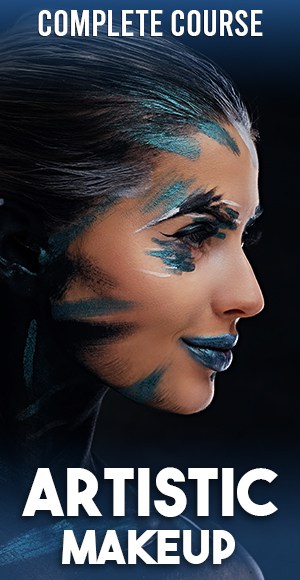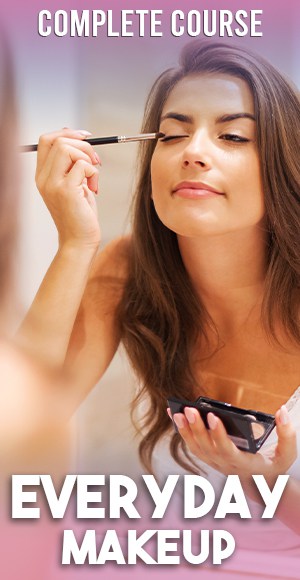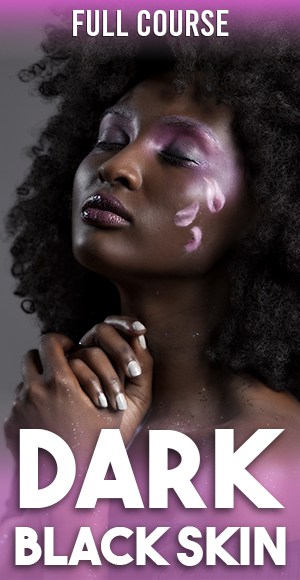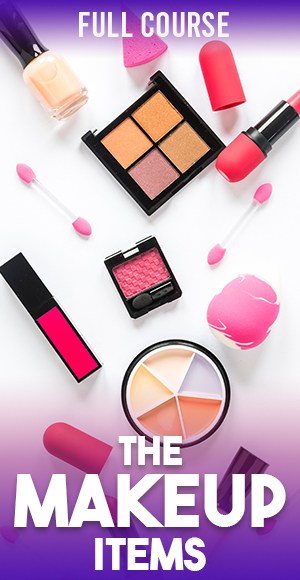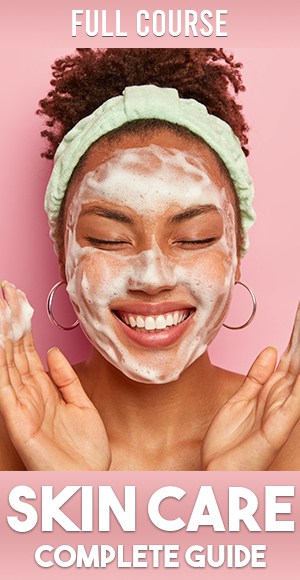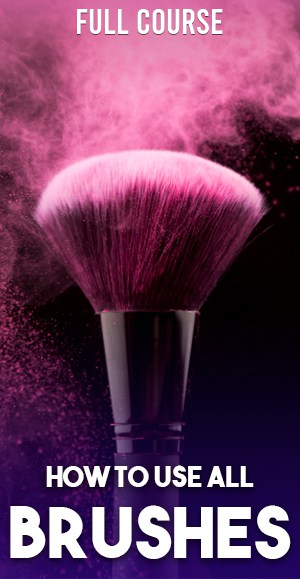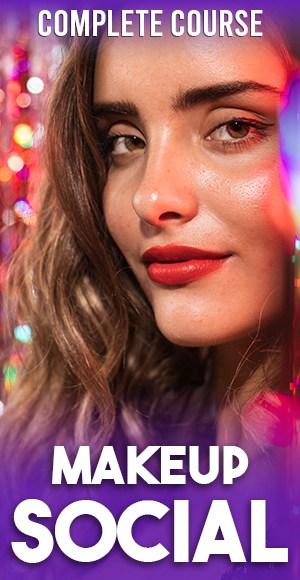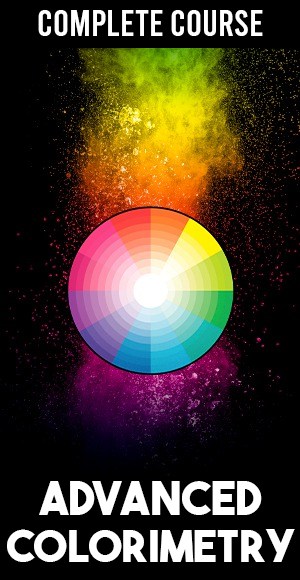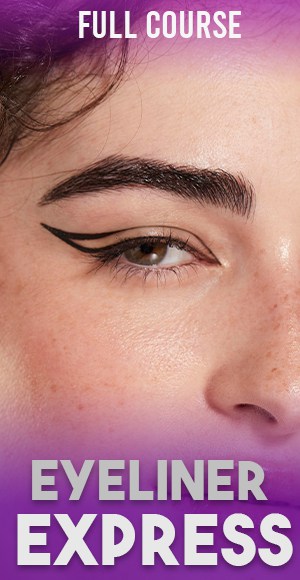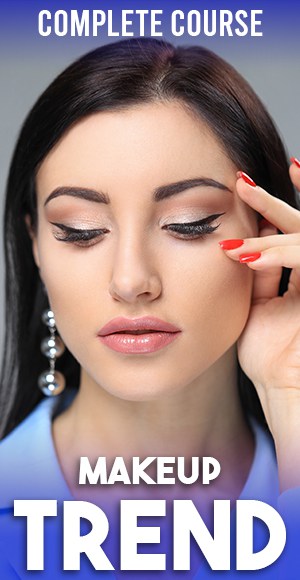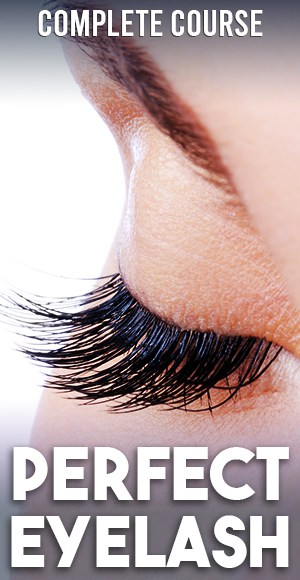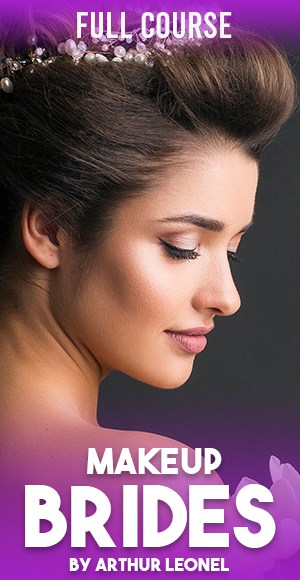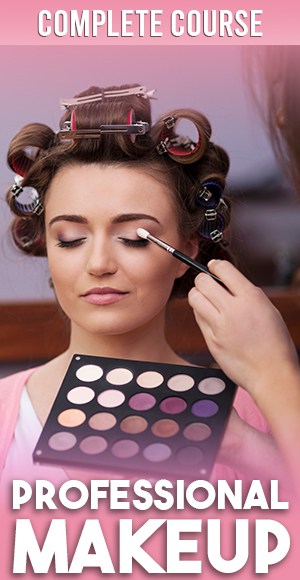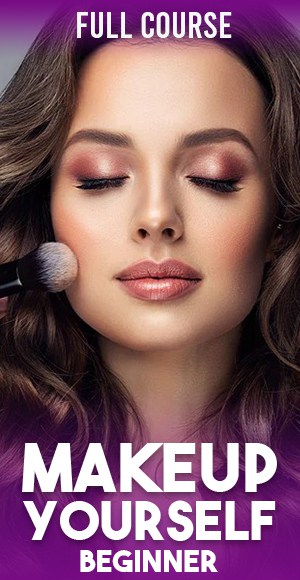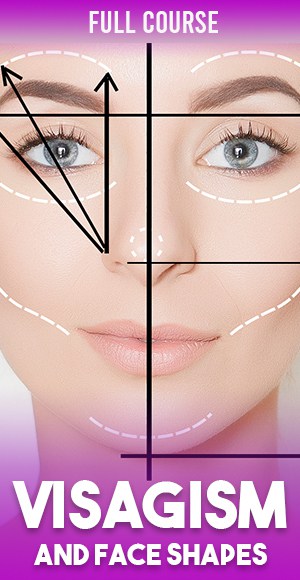Can you use foundation as concealer?

Introduction to the Topic
In the ever-evolving world of beauty and makeup, versatility is key. A question often posed by makeup enthusiasts and beginners alike is: Can you use foundation as concealer? This inquiry delves into the realm of multi-functional makeup, exploring whether a single product can serve dual purposes effectively. The concept of using foundation, typically applied for overall skin tone evening, as a concealer for targeted imperfection coverage, is not only intriguing but also speaks to the growing trend of minimalist and efficient beauty routines.
What is Foundation?
Foundation is a fundamental component in the makeup arsenal, serving as the base upon which other makeup is applied. Its primary role is to create a smooth, even canvas, enhancing the natural complexion while covering minor flaws and discolorations. Foundations come in various forms, each catering to different skin types and preferences:
- Liquid Foundation: Offers versatile coverage, from light to full, and works for most skin types.
- Powder Foundation: Ideal for oily skin, providing a matte finish and lighter coverage.
- Cream Foundation: Offers full coverage and is suitable for dry or mature skin.
- BB Creams: A lighter option that combines skincare and light coverage.
Matching the foundation to your skin tone is crucial for a natural look. It’s essential to consider not just the shade but also the undertone of your skin. A mismatch can result in an unnatural appearance, highlighting rather than concealing imperfections. For expert advice on selecting the right foundation, resources like the American Academy of Dermatology provide valuable insights into professional skincare and makeup tips.
What is Concealer?
Concealer, a pivotal element in the makeup routine, is designed for targeted application. Its primary purpose is to conceal specific skin concerns such as dark circles, blemishes, and discolorations. Unlike foundation, concealer offers more concentrated coverage and is typically thicker in consistency. This makeup staple comes in various types, each addressing different skin issues:
- Color-Correcting Concealers: These are used to neutralize discolorations like redness or sallowness.
- Concealers for Dark Circles: Formulated to cover under-eye darkness effectively.
- Blemish Concealers: These have a thicker texture to cover spots and imperfections.
The key difference between concealer and foundation lies in their consistency and coverage. Foundation provides a more uniform and lighter coverage across the face, while concealer offers dense, targeted coverage. For more information on choosing the right type of concealer, WebMD offers insightful makeup tips for sensitive skin, which can be particularly helpful when dealing with delicate areas like under the eyes.
After All, Can Foundation Be used as Concealer?
The question of whether foundation can be used as concealer is a topic of interest in the beauty community. The answer lies in the type of foundation and the coverage required. For this dual purpose, a medium to full coverage foundation is typically necessary. Such foundations are adept at covering more significant imperfections, akin to what a concealer would do.
Makeup experts often provide the following tips for using foundation as a concealer:
- Choose the Right Foundation: Opt for a foundation that offers medium to full coverage. Brands like MAC Cosmetics often have a range of options suitable for this purpose.
- Application Technique: Use a small brush or sponge for targeted application on blemishes or dark circles.
- Layering: Apply the foundation in thin layers, building up coverage as needed, to avoid a cakey appearance.
- Setting the Foundation: To ensure longevity, set the foundation with a light dusting of powder, especially if used under the eyes.
While foundation can be used as a concealer in a pinch, it’s important to remember that it may not offer the same level of coverage or color correction as a dedicated concealer. For those seeking a more natural or lighter coverage, or in situations where concealer is not available, foundation can be an effective alternative. However, for more pronounced skin concerns, a specialized concealer might be the better choice.
Practical Application and Tips
How to Use Foundation as Concealer
Using foundation as concealer is not just a makeup hack but a skill that can simplify your beauty routine. Here’s a step-by-step guide to mastering this technique:
- Select the Right Foundation: Choose a foundation with medium to full coverage. This ensures enough pigment to cover imperfections effectively. Consider brands like Estée Lauder known for their range of high-coverage foundations.
- Prep Your Skin: Start with a clean, moisturized face. This helps the foundation to glide on smoothly and prevents caking, especially in dry areas.
- Apply Foundation to Problem Areas: Use a small brush or sponge to apply the foundation directly onto blemishes, dark circles, or any areas needing extra coverage.
- Blend Thoroughly: Gently blend the foundation into your skin using a dabbing motion. This helps achieve a seamless finish. For blending techniques and tools, Cosmopolitan’s makeup tips can be a great resource.
- Set with Powder: Lightly dust setting powder over the area to ensure the foundation-concealer stays in place and to prevent creasing.
- Layer if Necessary: If more coverage is needed, apply additional thin layers of foundation, ensuring each layer is blended well.
Foundation vs. Concealer: When to Use Each
Understanding when to use foundation versus concealer is key to achieving the desired makeup look while addressing specific skin concerns:
- Use Foundation When:
- You need overall coverage for evening out skin tone.
- Seeking a natural, lighter coverage across the entire face.
- Dealing with minimal imperfections.
- Use Concealer When:
- Targeting specific areas like under-eye circles or blemishes.
- Requiring dense, more pigmented coverage.
- Working with color correction for issues like redness or dark spots.
Knowing your skin type and the nature of your skin imperfections is crucial. For instance, a lightweight foundation might suffice for a day-to-day look, but a concealer might be necessary for more pronounced blemishes or for special occasions. For more detailed guidance on understanding and caring for different skin types, the Mayo Clinic’s skin care tips provide valuable insights.
In conclusion, while foundation can be used as a concealer in certain scenarios, it’s important to assess the level of coverage needed and the specific skin concerns you’re addressing. Both products have their unique place in a makeup routine, and using them effectively can enhance your overall look.
Additional Makeup Tips and Tricks
In the world of beauty, versatility and creativity can lead to both time and cost savings. Here are some additional multipurpose makeup tips:
- Lipstick as Blush: A dab of lipstick can double as a cream blush, giving a cohesive color theme to your makeup.
- Eyeshadow for Brows: Matte eyeshadows similar to your brow color can fill in eyebrows beautifully.
- Mascara as Eyeliner: A small eyeliner brush dipped in mascara can be used to line the eyes when you’re out of eyeliner.
- Highlighter for Eyeshadow: A shimmering highlighter can double as an eyeshadow for a quick, glowing look.
For more detailed advice on the order of applying makeup products like blush and highlighter, check out Blush or Highlighter First: The Perfect Application Order on Makeupflix’s blog.
Incorporating skincare into your makeup routine is also essential. Always start with a clean, moisturized face to ensure a smooth application. Products like BB creams, which combine skincare benefits with light coverage, can be a great addition to your routine. For more skincare tips, Harvard Health’s article on the science of beauty offers valuable insights.
Conclusion
To wrap up, the question of whether you can use foundation as concealer opens up a broader discussion about the flexibility and creativity in makeup use. While foundation can serve as a concealer for minor imperfections or when seeking a more natural look, it’s important to choose the right type and shade for your skin. Remember, makeup is as much an art as it is a science, and personal preference plays a significant role. Don’t be afraid to experiment with different products and techniques to find what works best for you. Ultimately, makeup is a tool to enhance your natural beauty and should be used in a way that makes you feel confident and comfortable. For those looking to deepen their makeup knowledge, consider exploring Makeupflix, a streaming course platform dedicated to makeup artistry.











